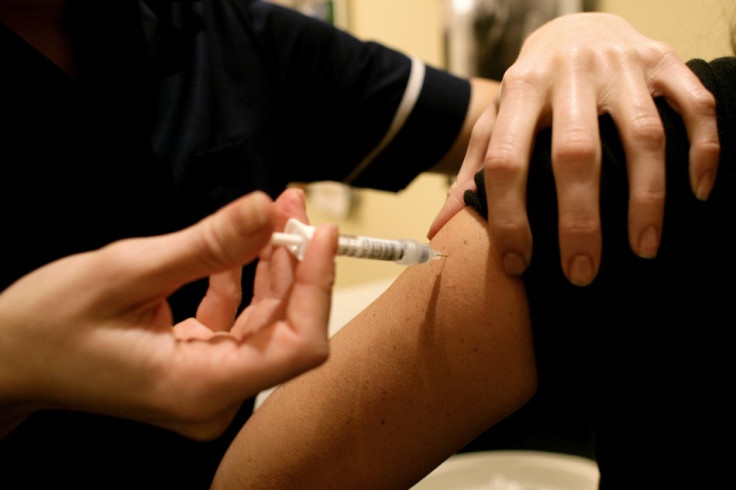Exposure to UV Rays Could Prevent Chickenpox: Study

A researcher from the University of London has found that chickenpox is more prevalent in regions with less Ultra Violet (UV) radiation. The report, published in Virology Journal, suggests that people in milder climates are more at risk of catching the disease. One possible reason for this could be the fact that exposure to sunlight may help prevent the spread of the disease, which is caused by the contagious varicella-zoster virus, by rendering the virus inactive and making it harder to replicate itself.
The virus itself is highly contagious and spreads easily through air, water and contact with an infected patient. The symptoms include blistering, high temperatures, headaches, body aches and the loss of appetite.
Dr. Phil Rice, a virologist with St. George's University in London, examined data from 25 studies on the varicella-zoster virus' prevalence patterns (in both temperate and tropical areas) from across the world.
He studied the data against a range of climatic factors to isolate the most likely causes of its prevalence. He discovered that if other factors were held constant, the presence of UV rays were the only factor that matched infection patterns in every country he studied.
Dr. Rice believes the intensity of sun rays can explain why chickenpox is more common in temperate countries, such as the UK rather than the hot and humid tropical countries. He also explained why countries like India and Sri Lanka report the highest number of cases in hot and drier months - the intensity of UV rays is actually lower in the dry season than the monsoons.
"In the dry season, the pollution in the atmosphere reflects the UV rays back into space before they reach us. But in monsoon season, the rains wash away the pollution, meaning the UV rays can get through," he said.
The study is likely to generate lot of debate as other experts believe that while UV rays may be a causative factor, other factors like temperature, humidity and even living conditions play a role in the spread of the virus.
Although there is no official data on the number of chickenpox cases in the UK, estimates suggest that about 600,000 people suffer from the viral disease every year.
The UK, unlike most advanced countries, does not have a universal vaccination programme for chickenpox.
© Copyright IBTimes 2025. All rights reserved.





















